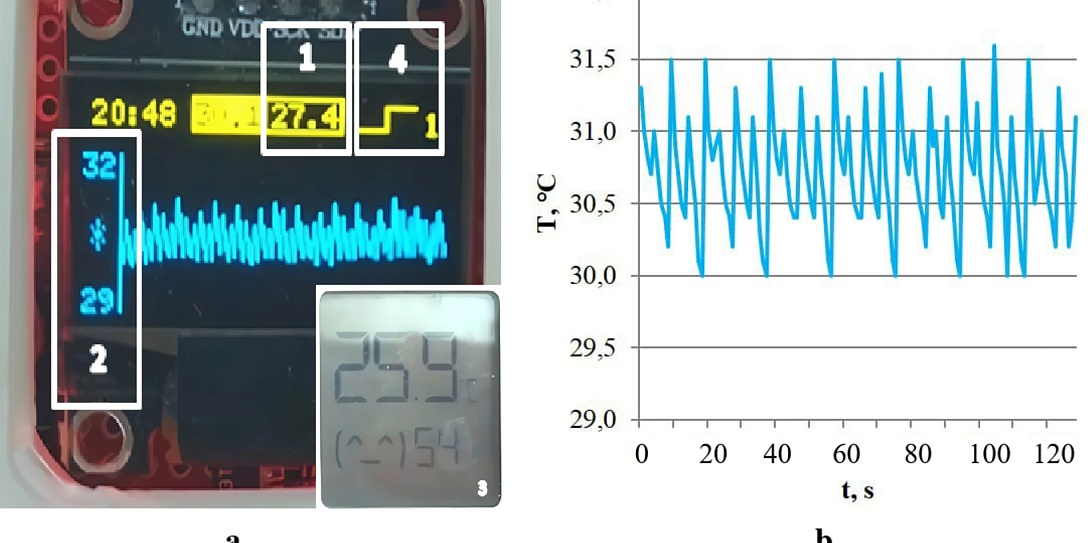The 3rd
Future Technologies Forum was held in Moscow in February. This year’s Forum was
dedicated to the essential topic of ‘New Materials and Chemistry’, with discussions
focusing on the development of the new materials industry and its relevance to
different industries and sectors of the economy.
The Forum business
programme was attended by scientists, business people, government officials,
and other representatives of the wider scientific and business communities, who
gathered to discuss new trends in science, investment projects, and cutting-edge
developments from major Russian corporations and research organizations. The highlight
of the business programme was the plenary session, attended by Russian
President Vladimir Putin.
Experts from
Moscow Polytechnic University, Project Centre Associate Professor Vladimir Nikolaev and Head of the Department of Dynamics,
Machine Strength, and Material Resistance Arkady Skvortsov, shared their impressions of the Forum.
“We presented the
Moscow Polytechnic University Scientific Technical Centre at the Forum and spoke
of how the Centre was currently contributing to research and development in
optoelectronics, micromechanics, sensorics, and instrumentation for the state
and private customers in Russia. The Forum gives participants a safe place to
exchange views on issues that often lack straightforward answers. The Priority 2030
Programme has made it possible for the university to develop the technical base
for our centre to work with electronics and study multilayer printed circuit
boards, and it is clear that it will be extremely important to look more
closely at how the materials are applied to current tasks and those that are
sure to follow,” Nikolaev said.
On the eve of the
Forum, scientists from Moscow Polytechnic University published a new study
together with Russian scientists Yuri Kulchin and Olga Volodina on thermal
information processing technologies.
The scientists
believe they will be able to embed a Russian-developed innovative floating zero
algorithm that maintains the stability of thermal memory cells on silicon
wafers during ambient temperature fluctuations in modern technological
solutions (planar technologies and printed circuit boards with hidden
components), making electronic data storage devices more reliable and efficient.
“The floating
zero algorithm stabilizes thermal memory cell performance on a silicon
substrate. The new algorithm ensures thermal memory cells function stably under
fluctuating ambient temperatures and paves the way for exciting new possibilities
in storage. The thermal memory cell in question contains thin-film structures
that utilize heat flow as an information carrier (thermotronics),” Skortsov said.
The relevance of
the study has been recognized internationally, with material on the subject
published in the prestigious scientific journal Nature.
The Future
Technologies Forum has been held in Moscow each year since 2023 and attended by
the President of the Russian Federation. The event is supported by the
Government of the Russian Federation and managed by the Roscongress Foundation.
In 2023, the Future
Technologies Forum focused on quantum technologies, in 2024 on the future of
medicine, and in 2025 on new materials and chemistry. In 2025, the Forum was held
with the support of the Russian Academy of Sciences, the Russian Science
Foundation, and the Russian Quantum Centre. It was co-organized by Gazprombank,
the Moscow City Government, and the Rosatom State Corporation. Sber was the
general partner, Rosseti the strategic partner, and the Kurchatov Institute the
strategic scientific partner.
For more information about
the Future Technologies Forum, check out the website: future-forum.tech.


